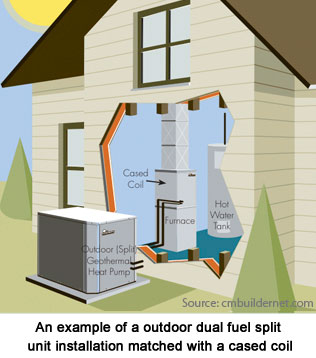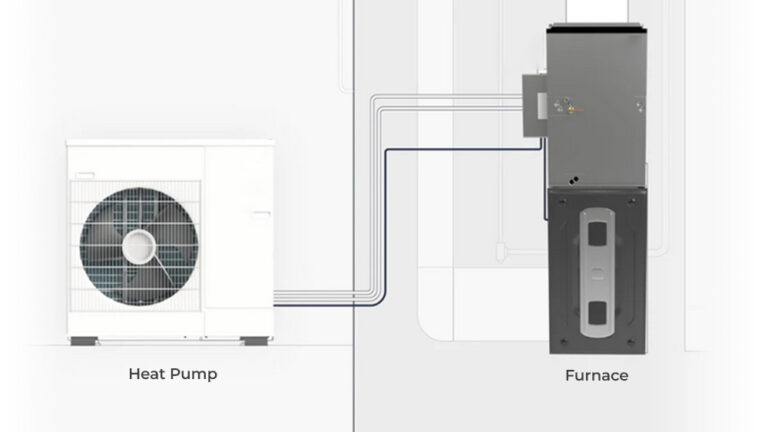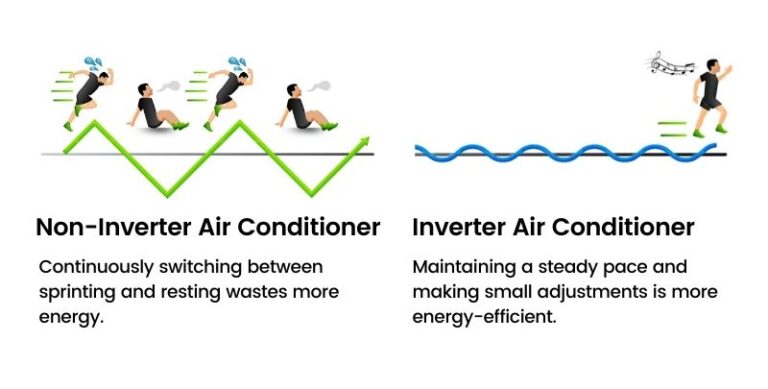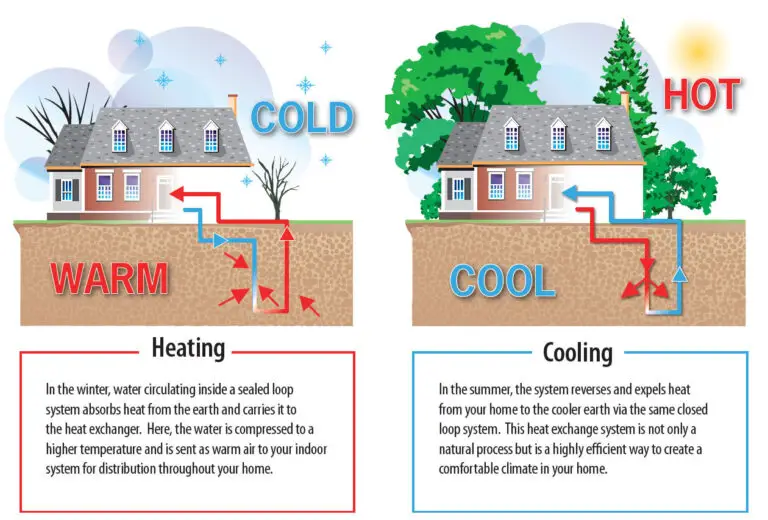The Hybrid Advantage: Exploring the Benefits of Dual Fuel Air Conditioning Systems
When it comes to the comfort of your home, finding the ideal HVAC system is of paramount importance. In a climate where temperatures are anything but consistent, a heating and cooling system that can adapt to change is worth its weight in gold. Enter the world of dual fuel air conditioning systems, a hybrid approach that’s gaining significant traction. But what are these systems, and why should homeowners and HVAC professionals pay attention? In this comprehensive exploration, we’ll unpack the hybrid advantage by outlining the benefits of dual fuel systems, comparing them to their traditional counterparts, and providing real-world case studies to illustrate their effectiveness.
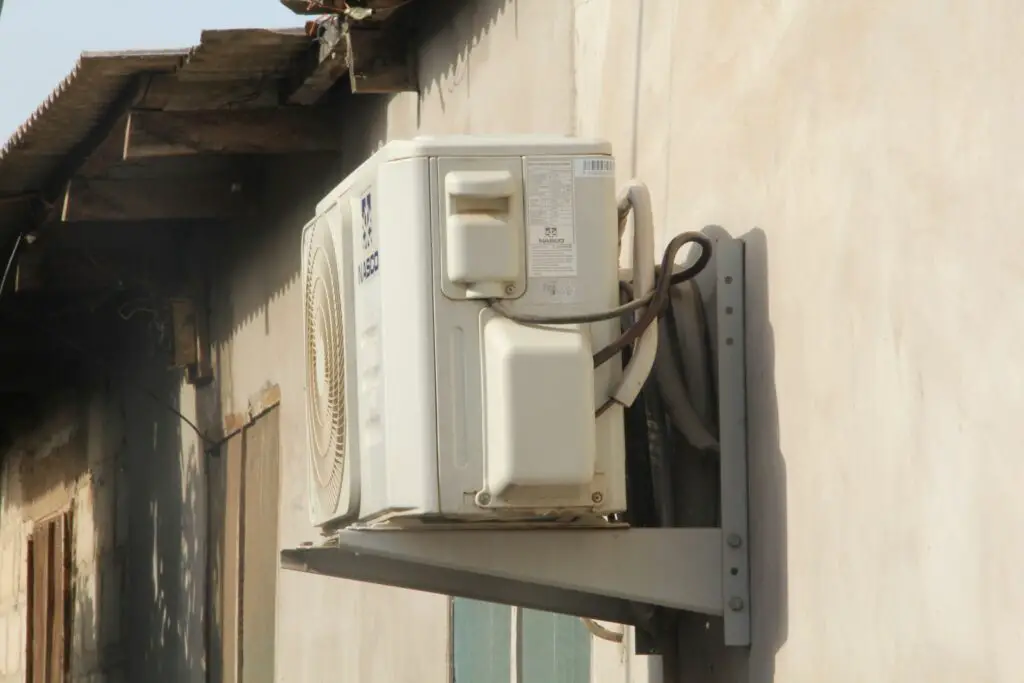
Introduction to Dual Fuel Air Conditioning Systems
A dual fuel air conditioning system, also known as a hybrid heat system, combines a heat pump with a supplementary heating source, typically a furnace that can utilize multiple fuel sources. This innovation is designed to provide homeowners with the most efficient method of heating and cooling throughout the year, especially in regions with variable climates. The system automatically selects the most cost-effective energy source based on the current outside temperature and desired indoor settings.
Benefits for Homeowners
For homeowners, the allure of a dual fuel air conditioning system is multi-faceted, offering advantages that significantly impact both comfort and the checkbook.
Energy Efficiency
One of the primary benefits of a dual fuel system is its superior energy efficiency. By using the heat pump during mild weather, when it operates at its peak efficiency, homeowners can enjoy a cozy indoor atmosphere without the energy consumption associated with other systems.
Cost Savings
The smart technology of a dual fuel system inherently leads to substantial cost savings. Homeowners can expect lower energy bills due to the strategic use of energy sources, especially during peak utility cost times. The system’s ability to automatically switch to the most efficient fuel is a game-changer for those looking to trim their monthly expenses.
Climate Adaptability
Dual fuel systems offer unparalleled adaptability to an environment’s climate variations. This intelligent system can smoothly transition between heating and cooling modes, ensuring that the optimal comfort level is maintained inside the home, regardless of the weather outside.
Benefits for HVAC Professionals
The advantages of dual fuel systems extend beyond the homeowner, providing HVAC professionals with a range of benefits that enhance service quality and business performance.
Installation Flexibility
HVAC professionals appreciate the ease and flexibility of installing dual fuel systems. With the ability to choose from a range of energy sources, the installation process can be tailored to the specific needs and infrastructure of the home, leading to quicker and more efficient setups.
Customer Satisfaction
By offering a hybrid system that can adapt to various weather conditions, HVAC professionals can significantly boost customer satisfaction. The versatility of these systems means that clients can rely on year-round comfort with minimal service disruptions or adjustments.
Upselling Opportunities
Dual fuel systems present a lucrative upsell opportunity for HVAC professionals. These systems, due to their high demand and benefits, often result in larger transactions and increased profit margins for companies that choose to offer them as part of their services.
Comparison with Traditional Systems
To understand the full scope of the hybrid advantage, it’s essential to compare dual fuel air conditioning systems with traditional air conditioning and heating systems.
Efficiency Metrics
Dual fuel systems consistently outperform traditional systems when it comes to energy efficiency. The utilization of a heat pump as the primary heating source means that homeowners can benefit from high-efficiency heating without the need for electricity-intensive heating methods.
Environmental Impact
In an age where environmental concerns are paramount, dual fuel systems shine with their lower carbon footprint. Their use of renewable energy for heating makes them a greener choice compared to systems that rely on fossil fuels exclusively.
Long-Term Cost Analysis
While the upfront cost of dual fuel systems can be a consideration, their long-term cost analysis is overwhelmingly positive. The savings on energy bills, reduced maintenance costs, and increased longevity of the system combine to make it a smart and cost-effective investment for homeowners.
Case Studies or Testimonials
To illustrate the practical application of dual fuel systems, consider the following case studies or testimonials from satisfied homeowners and professionals who have witnessed the advantages firsthand.
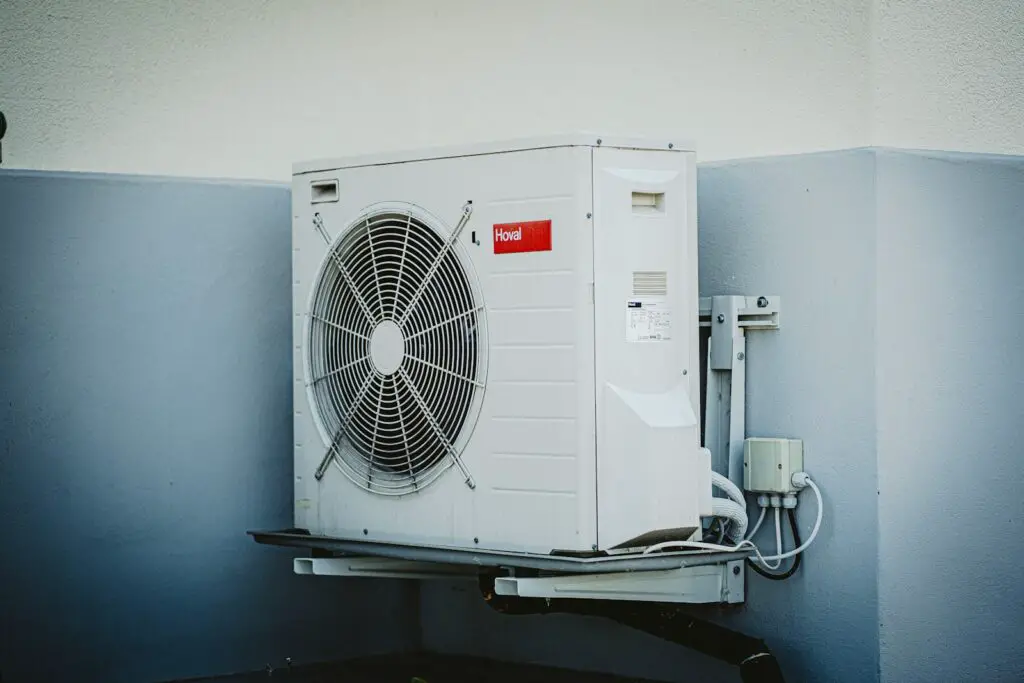
Real-World Examples
“I live in a region with dramatic climate changes. Our dual fuel system has been a revelation, seamlessly adjusting to the weather without a hitch. Our energy bills have dropped, and we’ve never been more comfortable in our home.”
“Our HVAC company switched to offering dual fuel systems a few years back, and the response from our clients has been outstanding. Not only do the installations go smoothly, but the ongoing benefits for homeowners have resulted in glowing reviews and repeat business.”
Conclusion
The hybrid advantage of dual fuel air conditioning systems is clear, offering a range of benefits that cater to the evolving needs of homeowners and the service landscape of HVAC professionals. By understanding and harnessing the power of these innovative systems, both parties stand to gain significantly. Whether you’re a homeowner looking to upgrade your system or an HVAC professional seeking to expand your offerings, the dual fuel approach is a pathway to enhanced comfort, efficiency, and performance. Make the hybrid choice and experience the difference today!

